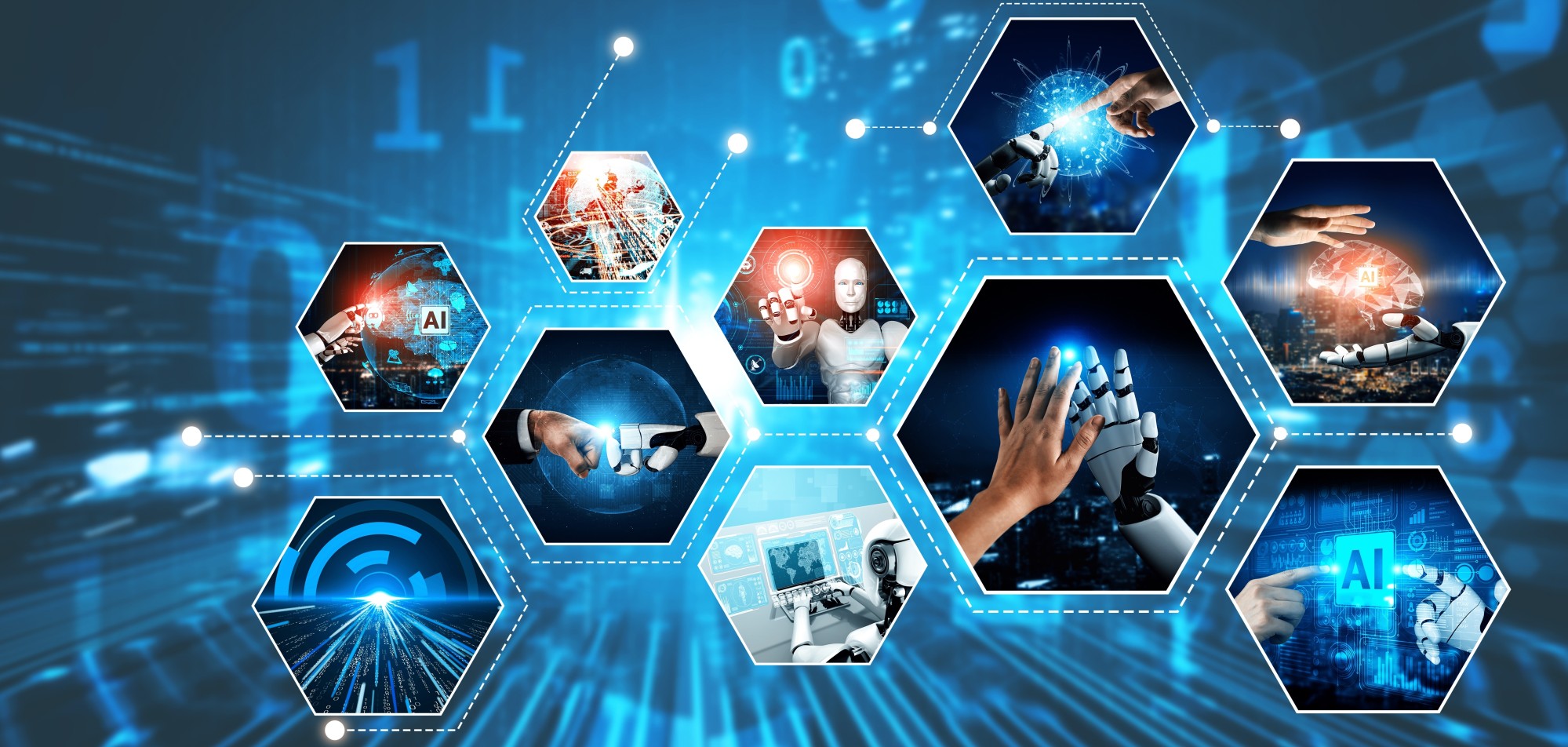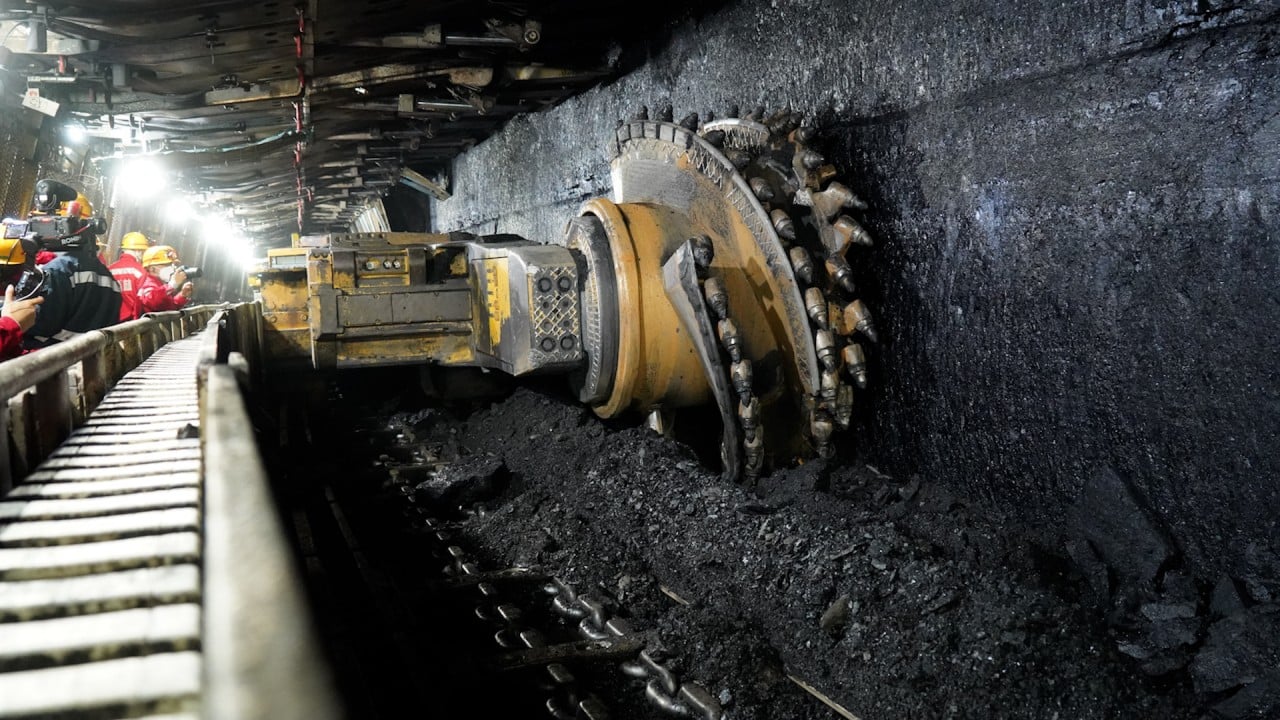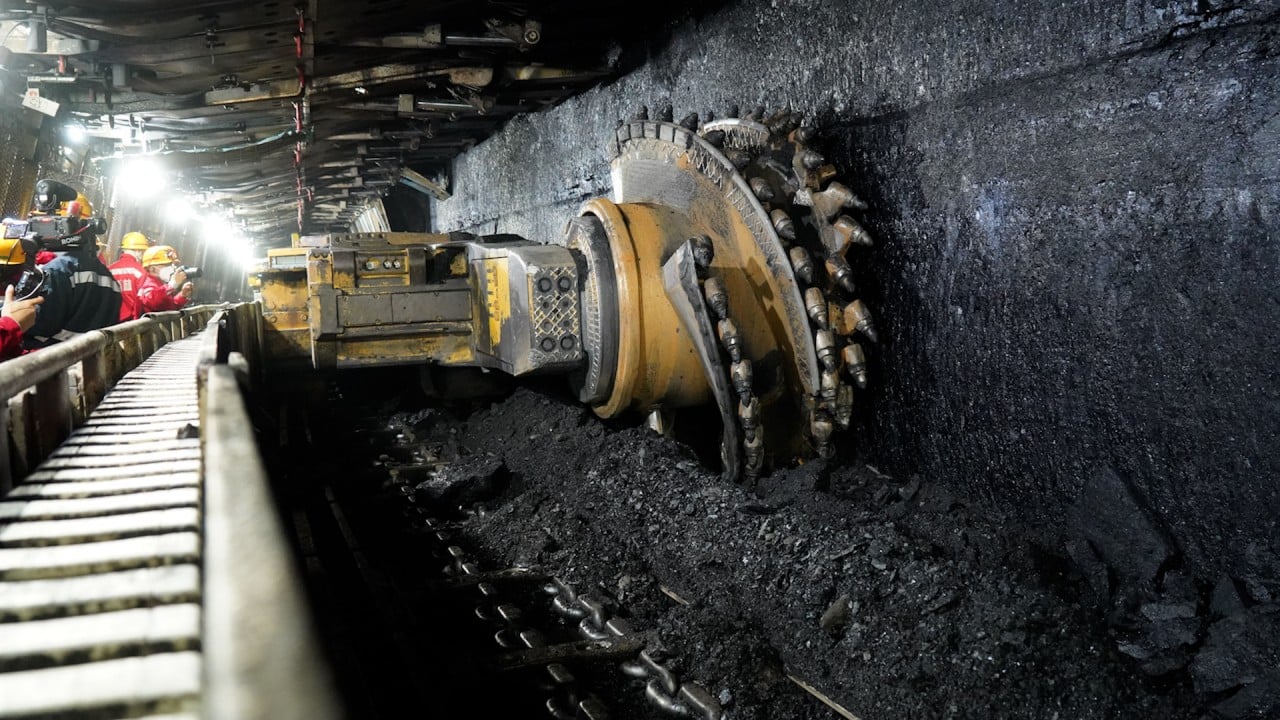Huawei Technologies has entered into a partnership with Sichuan Zigong Conveying Machine Group Co (ZGCMC) to expand the adoption of artificial intelligence (AI) in heavy industries such as mining, bulk material transport and equipment manufacturing.
The three-year pact between the two firms will involve the “deep integration” of large language models – the technology underpinning generative AI services like ChatGPT – in those industries, according to a filing on Wednesday by Shenzhen-listed ZGCMC, one of China’s leading enterprises in the design, manufacture and installation of bulk material conveying machinery.
ZGCMC said it will “prioritise the use of Huawei’s product solutions and professional services within the scope of the pair’s cooperation”. Huawei will provide support in terms of programme design, global ecosystem cooperation and talent training, according to the filing, which did not provide the amount of investment involved in the partnership.
Privately-held Huawei did not immediately reply to a request for comment.
The partnership between Huawei and ZGCMC will also cover fields such as cloud computing, big data, digital transformation and smart factories.
This new initiative by Huawei, the world’s largest telecommunications equipment supplier and one of China’s major smartphone vendors, shows the Shenzhen-based company’s efforts to expand its business into industrial solutions.
A major cooperation between Huawei and state-owned Shaanxi Coal Industry, for example, has helped cut by half the number miners who work 100 metres below ground through the deployment of 5G infrastructure and AI, helping this sector get a digital makeover, according to a South China Morning Post report last year.
As the world’s biggest coal-producing country with 4,000 mines, China aims to make its large-scale and most hazardous mines “smart” by 2025. All coal mines in the country are expected to be modernised by 2035, according to guidelines on the mining industry’s digital upgrade issued by eight state agencies in 2020.

Huawei also pushed automation in Tianjin, northern China’s biggest seaport. With the firm’s 5G infrastructure in place, a staff of 200 operators and engineers can manage 1 million twenty-foot equivalent units of annual cargo throughput at Tianjin Port’s Terminal C, about 25 per cent of the employees needed in a typical year during the terminals’ pre-digital age, the Post reported in February last year.
The company’s initiatives to help transform traditional industries have gained further urgency after Chinese President Xi Jinping called for efforts to boost “disruptive innovation”, integrate technology with industry, and increase supply chain resilience when he presided over the Politburo study session earlier this year.
Huawei’s digital-transformation efforts in coal mining, ports and even hospitals shows its focus on broadening its operations in the world’s second-largest economy, as its international business has been curtailed by the wider trade and tech dispute between Washington and Beijing. The United States government added Huawei to its trade blacklist in May 2019.



